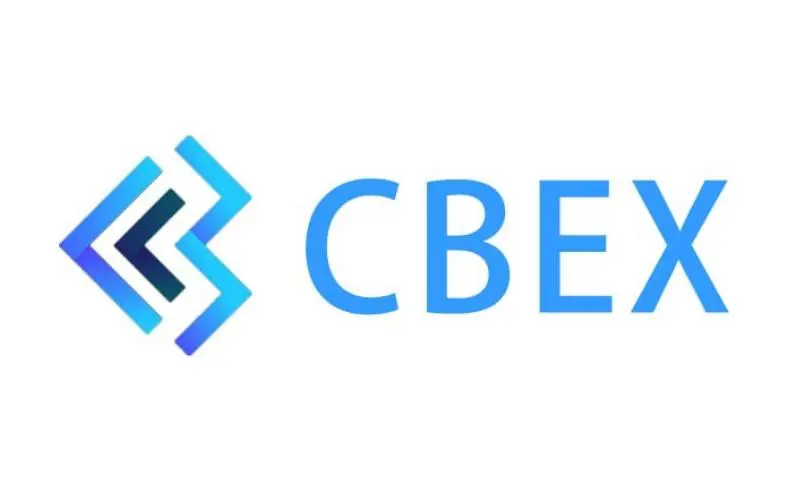How moral luck shapes our decisions and perceptions—and how you can leverage it to your advantage

I loved playing football in the compound with my siblings. We didn’t step out much, so you can imagine that every opportunity we got was heaven. On one such day in 2008/9, we went out to recreate the magic of seeing Liverpool beat United 4-1 at Old Trafford (pardon my gloating). The sun was shining, the cement on the ground quite cool (the best BTW), and life was perfect in that moment. Then, in a burst of excitement, one of us kicked the ball a little too hard. It flew through the air and crashed right into a neighbor’s window. It was so long ago, but I still remember the sinking feeling that hit my stomach. The question running through my mind was: how much of this blame would fall on me?
The answer?
All of it. The others were ‘babies’, and I should have known better. After the beating I got, of course I did know better, but you have to ask, why just me? I wasn’t the only one there, and I maintained that I didn’t do the deed. But I got the brunt of it.
This scenario might seem trivial, but it speaks volumes about a concept philosophers and psychologists call moral luck. It’s the idea that sometimes, our actions are judged not just by intent but by outcomes—outcomes often beyond our control. This theme resonates with all of us. It’s a reminder that luck can sway opinions and judgments, impacting everything from childhood games to adult decisions.
Understanding moral luck can be a game-changer for everyone. It teaches us that while we can’t control everything, we can still shape our narratives and connect with other people; customers, clients, what have you. So, let’s see how we can turn this concept into actionable strategies that resonate with real people.
Three Ways to Use ‘Moral Luck’ to Your Advantage
- Celebrate the Wins, Even When They’re Not All Yours
Let’s be honest: in marketing our brands, we all want to share those glorious success stories. But sometimes, the best moments happen when luck plays a role.
Example: Imagine you sell fitness apparel and one of your customers wins a local marathon wearing your gear. Or a fashion item you sold/ created was well received by a customer who wore it to an award ceremony.
Sure, their hard work helped them cross that finish line or get awarded, but in one way or another, your product was part of the journey, too! So, don’t hesitate to shout about it! By sharing user-generated content that showcases real people achieving incredible things while using your product, you tap into the power of community and social proof. Not to mention, associating your brand with their achievement can elevate your image.
Look at GoPro, a manufacturer of action cameras and video-editing software, for instance.
They’ve mastered this by encouraging users to capture and submit exciting videos filmed with their cameras, using that content to promote their brand. Even though those adventures often hinge on the user’s luck, skill or ability, GoPro turns these moments into stunning promotional content.
And you can, too! Just remember to avoid misleading claims about what your product can achieve.
- Acknowledge the Struggles
Let’s face it—life can be tough. Many of your customers are juggling challenges that feel completely out of their control. Sure, as a business owner and individual, you have your own troubles too. But instead of ignoring these struggles, why not acknowledge them? This creates an emotional connection with your audience that goes beyond just selling a product.
You know how folks often say it’s easier to remember who was there for you in hard times? Well, it’s true, as human beings in general tend to take note of the negative more than the positive. And that of course, includes the people/ entities that were there during that time. You could use it to your advantage.
Consider Coca-Cola’s “Open Like Never Before” campaign during the COVID-19 pandemic. Instead of focusing solely on their beverages, they tapped into the feelings of isolation and uncertainty that many were facing.
They didn’t just sell; they recognized the challenges of isolation while providing a hopeful outlook. This kind of empathy can transform you into a trusted ally, reminding customers that they’re not alone in their struggles.
What Can I do?:
- Create Relatable Content: Share stories or testimonials from customers who have faced hardships and how your brand has helped them navigate those challenges.
- Offer Supportive Messaging: Use your marketing channels—like social media and newsletters—to communicate empathy. Phrases like “We understand these are tough times” or “You’re not alone in this struggle” are great examples.
- Engage in Social Responsibility: Get involved in community initiatives that address the issues your audience faces. Whether it’s a charity partnership or a campaign supporting local causes, show your brand’s commitment to making a positive impact.
- Provide Resources: Offer tips or guides on managing common frustrations related to your industry. For example, if you’re in health and wellness, share strategies for maintaining well-being during stressful times.
- Encourage Personal Accountability
Do you ever look at some people and just imagine how lucky they are? Well, while it’s essential to recognize the role of luck, it’s just as important to look at the bigger picture. By that, we mean, empowering your audience to take charge of their lives. When people understand the bigger picture, they’re more likely to take responsibility for their actions.
You might be wondering how this could be of any advantage to you. This is where brands like Nike shine.
Their “Just Do It” mantra encourages individuals to overcome obstacles and take control of their destinies, no matter what challenges come their way.
And then there’s Specsavers, with their clever “Should’ve gone to Specsavers” tagline. They use humor to highlight situations that could have been avoided with better choices.
This approach not only entertains but also reinforces the idea that we have the power to make better decisions, even in a world full of unpredictable factors. A great way you can adapt this is to offer resources that empower your audience to improve their situation. This could be through webinars, blogs, or workshops that teach skills relevant to your industry. For example, if you’re in finance, provide tips on budgeting or saving strategies.
Wrap-Up: Use Moral Luck to Your Advantage
Moral luck shapes how we view success and failure, both in life and in business. By understanding this concept, you can craft marketing strategies that resonate with your audience’s experiences while positioning your brand as a positive influence.












